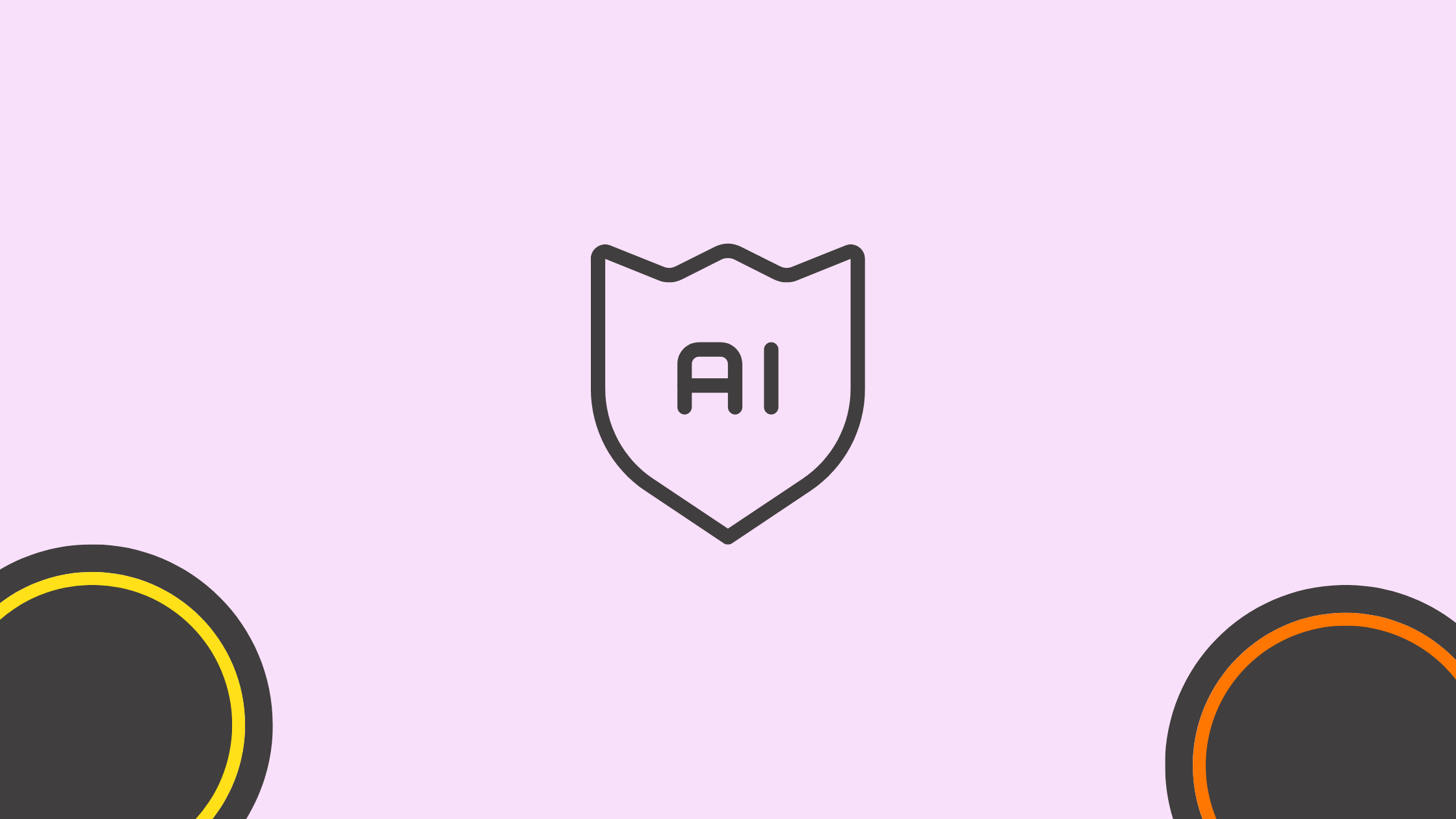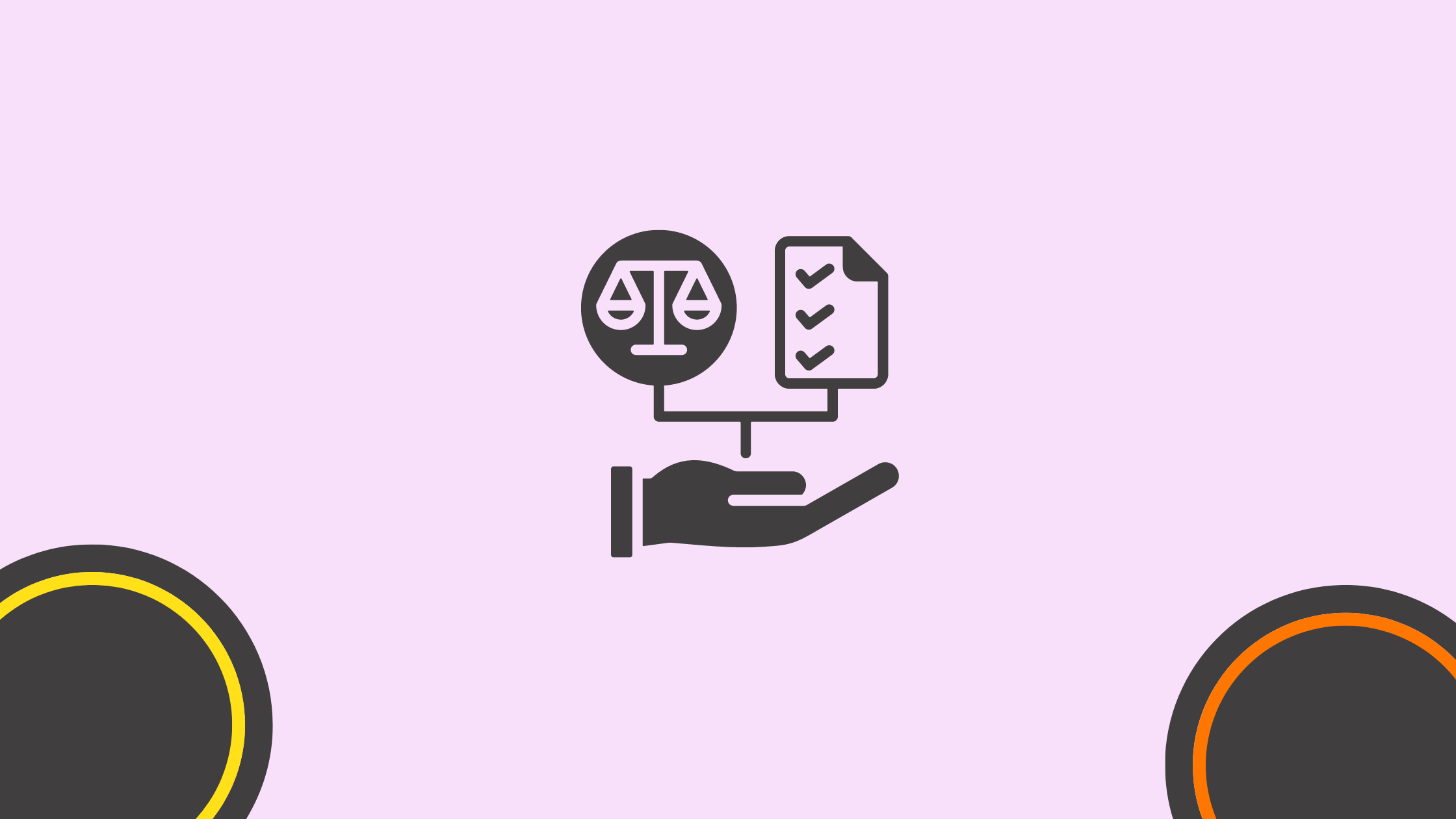How AI Can Revolutionize Container Security for Dynamic Digital Landscapes
Containers are a staple in modern software deployment, promising to combine efficiency and scalability in equal measure. Yet as their popularity soars, so does the complexity of securing them effectively.
The application of artificial intelligence (AI) to this conundrum is increasingly important, as it means development teams can confidently embrace containerization without feeling that this is a step which compromises on security. Here’s how this change is ensuring that the future will be containerized.
Chapters
The Fundamental Facets of AI in Container Security Provision

Containers, being isolated environments that package and run applications with their necessary components, present distinct security challenges. In the face of a 15% annual increase in cybercrime, with a study from Cybersecurity Ventures suggesting it will cost over $10 trillion to deal with each year before the end of the decade, understanding the role of AI in enhancing container security fundamentals is a must – so here are some basic benefits laid out simply:
Automated Vulnerability Detection
Traditional methods of vulnerability detection are often reactive and time-consuming. AI changes this by continuously scanning container environments to identify vulnerabilities.
Leveraging machine learning algorithms lets tools like Darktrace Detect and Splunk learn from past breaches to predict and prevent future threats – helping to protect apps as well as the precious data they rely on.
Dynamic Threat Mitigation
Where human responses might lag, AI excels in its capacity for immediate action. It can analyze threat data in real-time and make split-second decisions on how best to counter potential breaches, thereby reducing the window of opportunity for attackers. Given that it can take just 5 hours for hackers to gain entry to enterprise infrastructures, every second really does count.
Enhanced Monitoring Capabilities
With containers dynamically created and destroyed in cloud environments, maintaining visibility can be a step beyond what would previously have been possible to achieve. AI-powered monitoring tools provide comprehensive visibility across all container activities, ensuring any suspicious behavior is spotted and addressed instantly.
Container ecosystems are being adopted across the board, with the services and manufacturing industries leading the way with a 17.7% and 16.6% share of the market respectively, according to an S&P report. These niches are followed closely by healthcare, finance and education – so there really is a need for enhanced security to protect sensitive data and assets.
Streamlining Compliance and Governance

In addition to bolstering security measures, AI significantly impacts the compliance and governance aspects of container management. Its role in ensuring that containerized environments adhere to strict regulatory standards cannot be overstated. Here’s how AI is making a difference:
Automated Compliance Audits
AI systems can automate the process of checking and documenting compliance across multiple containers. This not only saves time but also reduces human error in maintaining up-to-date audit trails.
This is also relevant for internal auditing purposes, because while only 27% of organizations are adopting AI in this context, according to PwC, the potential that automation represents in this context is huge, and will only grow further in the coming years.
Enhanced Data Protection
Implementing AI-driven encryption methods and access controls means companies are better equipped to protect sensitive data within containers, aligning with regulations like GDPR or HIPAA.
Since non-compliance with GDPR can cost companies as much as 4% of their global turnover – which in the case of Meta equated to around $1.3 billion – this really isn’t something to put on the back burner.
Real-Time Policy Enforcement
AI tools can dynamically enforce security policies by analyzing container activity against pre-defined rulesets. If a policy violation is detected, the system can automatically take corrective actions without manual intervention.
The issue of data integrity and accessibility has been highlighted in many studies, including an HFS Research report which focused on how 89% of business leaders aspire to relying on quality info for decision making – with just 5% admitting that they’ve got sufficient access to achieve this.
In the case of container security, you’re getting the benefits of AI’s efficiency at dealing with data, and the associated improvements to app availability and performance that go along with it, so it’s a step forward to shout about.
Final Thoughts
It’s true that the roles of AI in container security is just a small part of the broader revolution that this technology is perpetuating across the tech scene – and for businesses that stand to benefit from it, the opportunity to prioritize adoption is one not to be missed.
Author Bio: Sari Cada
Sari is a freelance content writer. She is interested in a wide range of fields, from lifestyle and health to project management, business, and engineering.
Master the Art of Video Marketing
AI-Powered Tools to Ideate, Optimize, and Amplify!
- Spark Creativity: Unleash the most effective video ideas, scripts, and engaging hooks with our AI Generators.
- Optimize Instantly: Elevate your YouTube presence by optimizing video Titles, Descriptions, and Tags in seconds.
- Amplify Your Reach: Effortlessly craft social media, email, and ad copy to maximize your video’s impact.